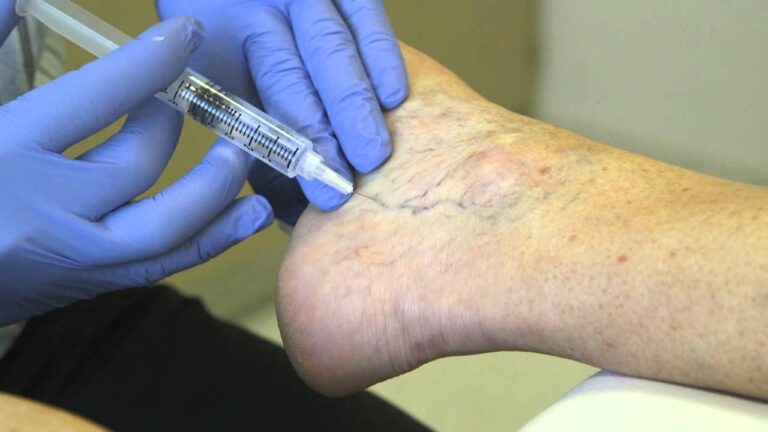Although it is not as extensively recognized as diabetes, heart disease, stroke, or cancer, spider veins are one of the most common health issues today, particularly among women. More than 40% of women suffer from it, and the frequency increases with age, which means that by the age of 80, more than 80% of women have varicose veins, including spider veins.
However, in addition to the unsightly appearance and discomfort, some healthcare professionals alert individuals about the more dangerous consequences of spider veins. According to research, spider veins can be a warning indication of a potentially fatal blood clot. Speak to an expert about spider vein treatment in Newberry, SC, today.
Varicose vs. spider veins
One of the most important reasons not to disregard spider veins is that the average person may struggle to distinguish between spider and varicose veins. Spider veins are more cosmetic. However, varicose veins can indicate a more significant problem with the circulatory system.
Blood clots
Spider veins can be an early warning indicator of issues with blood flow, such as pooling and clotting. Clots are particularly dangerous to the body since they can travel to the lungs, heart, and brain. Even if this does not happen, these issues can lead to vein disease, a life-long health condition.
A new study appearing in the JAMA Journal found a fact that should worry women with spider veins, particularly those who are not receiving spider vein treatment. Taiwanese researchers used data from Taiwan’s National Health Insurance program to study 425,000 participants. They determined that varicose veins could be a symptom of a growing blood clot. The study also stressed that the more people with varicose veins have inflammation, the more likely they are to have blood clots.
Ulcers
Prolonged vein tension sets the groundwork for additional changes throughout the body. Spider and varicose veins can cause inflammation, edema, and, in the worst-case scenario, ulcers. Leg ulcers are caused by 80% of varicose veins. Moreover, a lack of ability to heal induced by long-term injury can result in non-healing ulcers and major health problems.
Cellulitis
Spider veins can be an early warning indication of other tissue problems, such as cellulitis, a skin infection caused by bacteria normally present on the skin. Cellulitis causes damage to the tissues, organ damage, and persistent infections, preventing the body from healing.
Spider veins can cause several problems in the future, so do not ignore them. Consult with a doctor as soon as possible.





